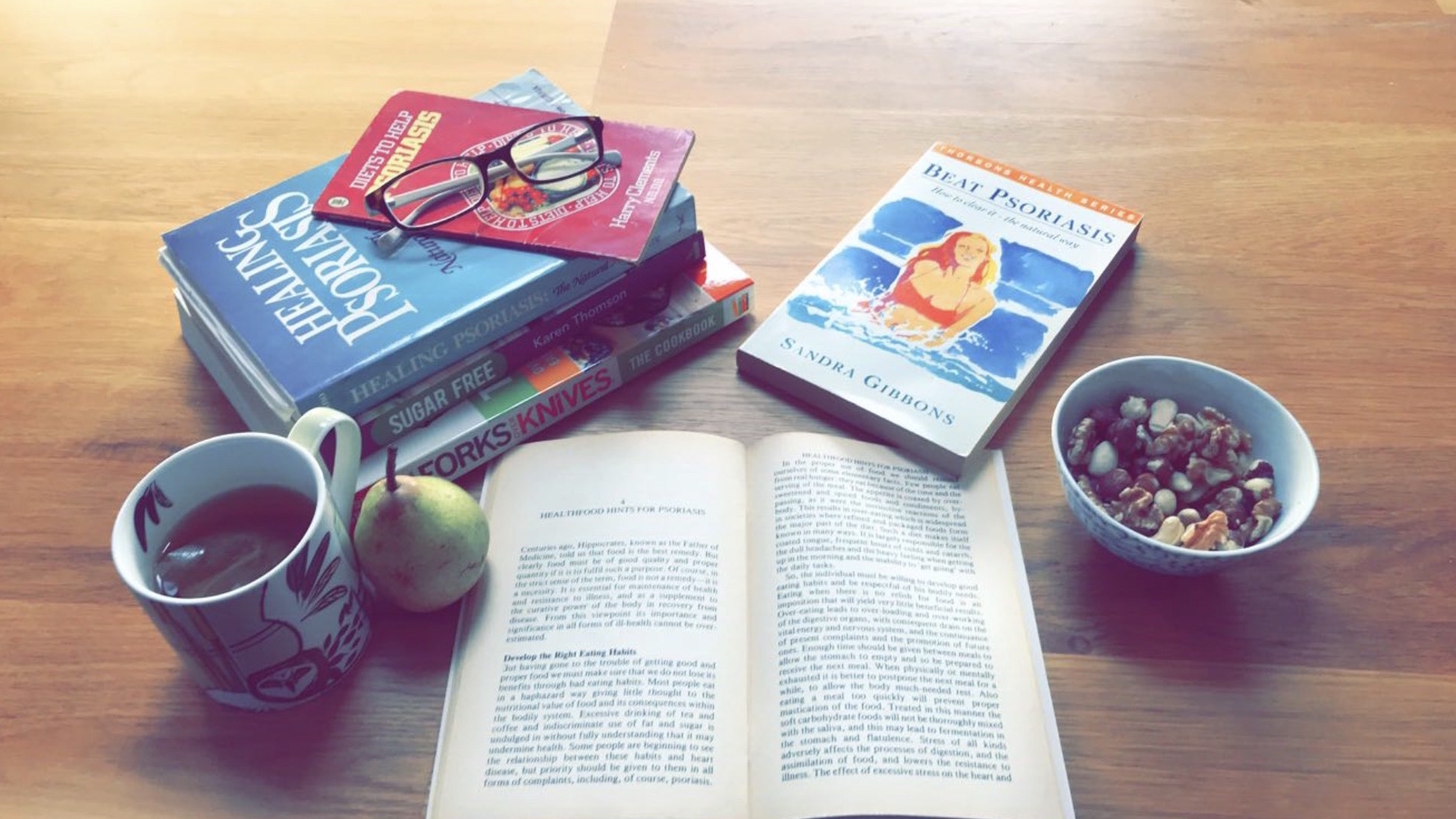Searching For A Cure For Psoriasis

I’ve been thinking about how the search for a cure affects our well being.
In my twenties I found an ‘alternative’ treatment called Skin Cap. The online community was reporting great success and it contained nothing more harmful than zinc. I bought a few cans and was delighted. It was a spray, easy to use and cleared my skin in record time. I bought several more cans and sprayed away with joy.
However it did all seem too good to be true. I was noticing side effects like thinning of my skin and bruising so I wasn’t surprised when it emerged that it contained an unlisted steroid. I stopped using it and had the worse rebound ever. But even worse than the flare in my symptoms was the horrible feeling of being let down and having my hopes dashed. Not surprisingly I became quite low and depressed.
I thought I had found the answer to my psoriasis and had been ‘in control’ for the best part of a year. I felt cheated and let down and determined not to fall for a ‘miracle cure’ again.
I have had psoriasis for over twenty years and in that time have tried many ‘cures’.
The disappointment I have felt when they fail always affects me deeply and more so than the waste of the money or time. In more recent years I have come to the decision that I won’t invest any hope, time or effort in a ‘miracle cure’ that costs money.
I am prepared to try treatments that involve healthy lifestyles like cutting out wheat and processed food and taking vitamins, as I believe that it will probably do me some good even if it doesn’t clear the psoriasis. This is my personal decision but is it the best approach to take? What does the research suggest I should be doing? Should I accept my psoriasis or should I keep trying new potions and searching for a cure?
With this in mind I searched healthcare databases (Medline and PsychInfo) for research looking at acceptance and coping. I found one relevant paper by Zalewska et al (2007) that suggested factors such as higher levels of optimism and a lower conviction of others’ influence on one’s health were linked with acceptance. The authors also stated that a lack of acceptance is associated with poorer medical adherence and delayed clinical improvement.
In other words, if I accept my skin as it is, I am more likely to follow doctor’s orders and get better, and I am more likely to accept it if I feel optimistic and don’t think that my health is dependent on someone else.
Whilst not specifically answering my question, this research would suggest that I should be optimistic that something will work (keep trying) and I should have belief in my own ability to cure it (don’t rely on someone else to find the cure for me).
Whether or not I should invest any hope or money in a cure remains unanswered. If you know of any research that addresses this question I would be very interested to hear more.
References:
Zalewska A,Miniszewska J,Chodkiewicz J,Narbutt J (2007). Acceptance of chronic illness in psoriasis. Journal of the European Academy of Dermatology & Venereology, vol./is. 21/2(235-42), 0926-9959
